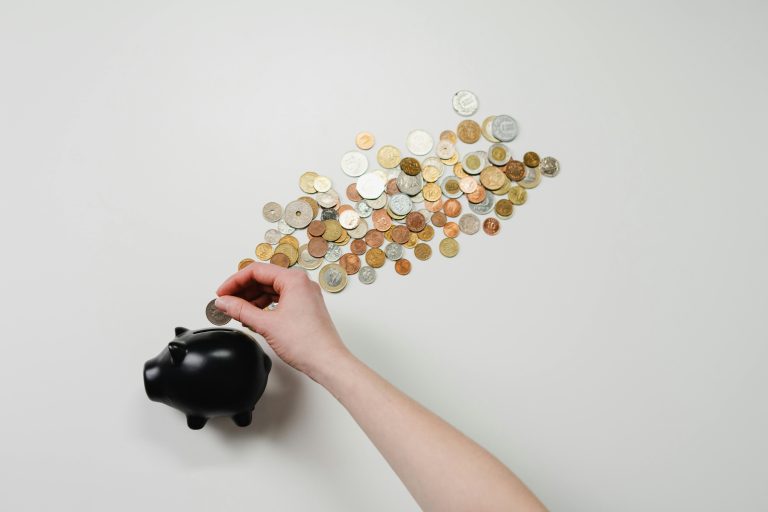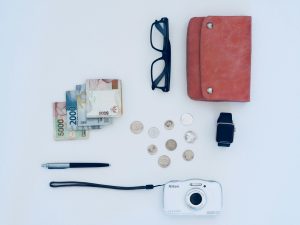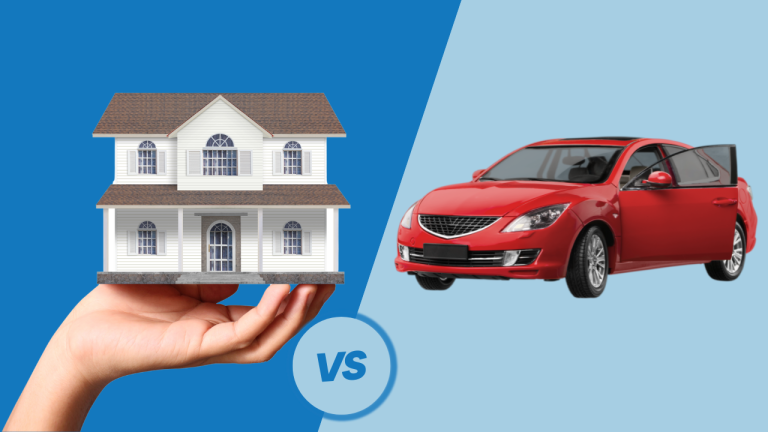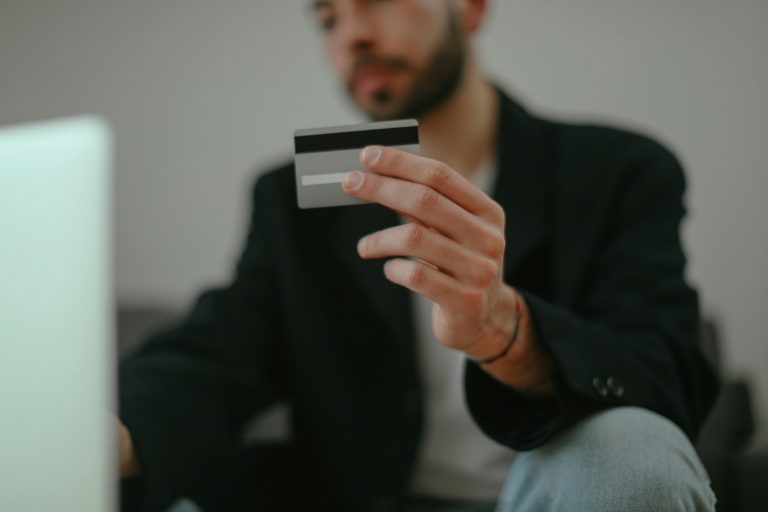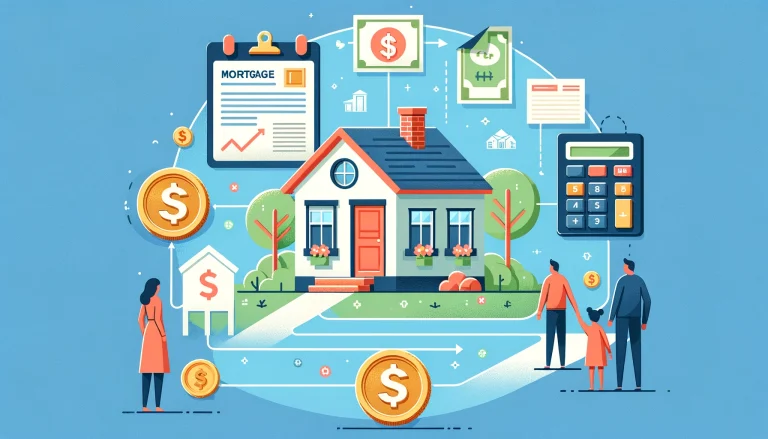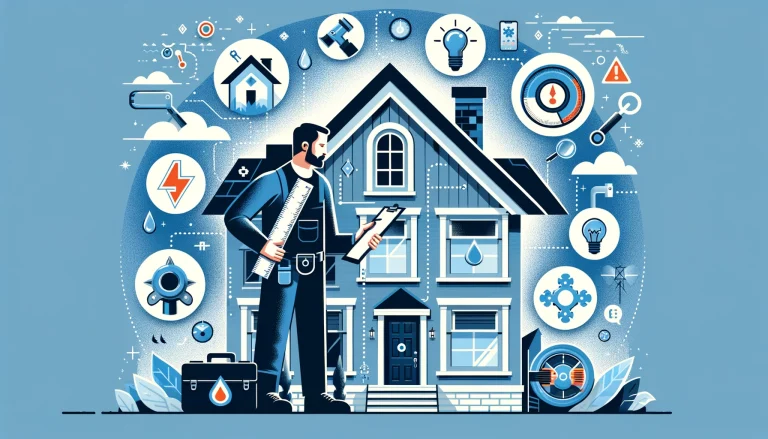There are many ways you can get out of debt, and the strategies you learn can help you stay debt-free in the future. Your decision to get yourself out of debt is a smart move; you must be ready to commit to these lifestyle changes in order to get your financial life back in order.
Getting away from debt requires more than simply paying down a few bank cards. This includes changing spending behaviors and knowing how to find financial assistance when you need it. The essential steps to managing debt are knowing who you owe money to, knowing what this amount is, prioritizing bills, creating crisis and retirement funds, and understanding the budgeting process.
Below are a few mistakes that you can avoid to make debt relief a smoother process. It is easy to get lost when organizing your debts and getting your life on track. Below are a few common mistakes that can be detrimental to the process.
Spending Habits
We shop at the same stores, eat at the same restaurants, and drive the same car, usually because it is what we are used to doing. People are creatures of habit, and having extra cash is no exemption. It’s also costing you more than you are able to sustain financially.
Treatment: In the event that you won’t change your spending behaviors, you won’t ever escape debt. Small expenses that you make during the day quickly add up. For example, try bringing a lunch to work instead of paying $10.00 for a meal. Brew your tea and coffee at home in the morning so you aren’t paying for it elsewhere. By making these small changes to your daily spending routine, you will quickly notice less money leaving your bank account.
Digging out of Debt Alone
Treatment: Call a non-profit credit counseling company and get free help from experts. People are often reluctant to ask family members or friends for help working with debt. Credit counselors are trained and authorized by nationwide organizations like the National Foundation for Credit Counselling. Take advantage of these free resources. The credit counselors help you to organize your finances and recommend a solution that can greatly benefit you. They are able to suggest debt-relief solutions like personal debt management programs, credit loan consolidation, debt consolidation or, if the financial situation has gotten out of hand, personal bankruptcy.
Not Understanding Debt Relief Program
It is rare to obtain a quick-fix treatment for personal debt problems. The BBB (Better Business Bureau ) or local state attorney’s office are good places to start out.
Remedy: The very first thing to comprehend is that debt-relief programs typically take 3-5 years, so show patience. Second, check out whichever company you choose for credit card debt relief. If that is one of the guarantees you hear, begin looking elsewhere. Be certain that the organization you select is certified and doesn’t have a history of consumer issues. Credit unions, colleges, and military bases should be reliable resources for recommendations.
Impractical Budget Plan
Getting control of your finances can be near impossible without a proper budget. People think it’s too much work, until they get $20,000 in credit card debt and question how in the world that occurred! Removing unnecessary expenses like eating out, entertainment, buying new clothes, vehicles, or consumer electronics is a great first step, but if you’re seriously interested in eliminating debt, working with a budget and paying cash is a superb start. Set aside your credit cards and try using cash for your expenses.
Treatment: Develop a practical budget that addresses financial needs like housing, food, healthcare, insurance, and education.
Trying to Repay Multiple Debts, Simultaneously
Consumers with multiple sources of debt – credit cards, mortgages, student education loans, etc. – often try to address each one on a monthly basis. It is more ideal to focus on the credit line with the highest interest rate. When that’s paid, pay the credit card with the next highest interest rate and continue until all personal credit card debt is eliminated.
Treatment: Get back to your budget, cut spending to bare bones on everything but necessities, and produce a $100 (or ideally $1,000) surplus that will go straight to the credit card with the highest interest every month.
Closing Paid-Off Accounts
Pay off the account, but don’t close it, this is a simple solution to this problem. The credit scoring system keeps track of not only on how much money you borrowed, but also how much credit you have available. Having available credit, but not using it, shows restraint and financial awareness, which can improve your credit score over time.
Halting Retirement Contributions
Time is the most effective tool in retirement savings. Treatment: Contribute at least 5-10% of your earnings to pension savings once you start working, and don’t let debt removal cut into this account. While it may seem like a good idea to put this money into getting out of debt, this decision can be more expensive in the long run. The sooner you start adding to a 401(k) or other retirement account, the better off you’ll be at pension. Find other areas in your finances that can be allocated to existing credit card debt.
Not Setting Aside Emergency Savings
According to research, over fifty percent of American consumers (57%) don’t have sufficient cash to protect against an urgent expense of $500, or even less.
Treatment: It’s impossible to forecast unemployment, automobile accidents, or busted plumbing, which explains why every home needs a crisis fund. It can take some time to build if you’re focused on paying off personal debt, but again, it needs to be part of your regular monthly budget. Experts say put 3-6 weeks of expenses aside for emergencies. Reserve at least 5% of your earnings in a crisis fund, at least until you have 90 days of expenses protected.
Not Verifying Credit Reports
Looking at your credit record for inaccuracies can be an important part of your journey to becoming debt free. Organize and review your credit reports to be sure that your credit history is documented correctly.
Remedy: You are allowed a free credit file from each of the major credit reporting bureaus, Equifax, Experian, and TransUnion. Check them carefully for false delinquencies and/or amounts that harm your credit history, as negative information can seriously damage your ability to make necessary purchases.
Not Prioritizing Your Debt
Everyone has expenses, and most everyone desires to escape debt, but many people struggle with keeping a focused plan. Tape that reminder your credit credit card.
Remedy: The very best solution is to consolidate your financial situation, and make just one single payment on a monthly basis. Another way to stay focused and organized is by keeping a written record of your debts and your debt payment priorities.Remember, this debt is your responsibility, the lenders aren’t concerned with the debt because they are accruing interest each month on your debt balance. Each and every time you grab that card, you’ll be reminded that you’re adding, not subtracting from the financial issues in your life.
Best Way to Get Out of Debt
What should you do now? You understand the steps toward staying away from debt, but there are still too many expenses on the table.
Most of them are first-cousins to the set of errors to avoid, but looking at the problem from a few different angles can be helpful. Here are a few additional steps towards becoming debt-free.
-
Check Your Budget
Eating dinner out can easily cost over $20. There are always areas where you can shave off a few dollars, and create supplemental income to apply to your debt. Take your lunch to work every day, and watch the movie or sporting event at home. Skip happy hour and save a few additional dollars. It can be tough cutting back, but over time the new lifestyle can be empowering.
-
Hide Your Credit Card
That’s what got you in big trouble. Keep one in your wallet for bonafide emergencies. When you are always paying with cash, impulse buying is a lot less likely to happen. It is easier to recognize how much you are actually paying when cash is used.
-
Make a Shopping List
Only buy what’s on the list. Make a summary of what you would like. A supermarket or retail center is an easy place to spend a lot of money when using a credit or debit card. Stick to your list and remember — make sure your food costs are also included in your budget!
-
Look Around the House
Do you really need to spend $100/month on television? Will paying $50-$75 for a round of golf really be worth it? Isn’t it possible to mow the backyard and clean the home yourself? Aren’t you able to exercise in your local park instead of paying for a gym membership? While these amenities are nice to have, they aren’t going to help you get out of debt. Make lifestyle changes if you want to get out of debt.

